NCUIH Youth Council Updates: 2018 Cohort Announces Native Youth Virtual Convening; 2019 Cohort Completes Orientation in Washington, DC
FOR IMMEDIATE RELEASE
Contact: Meredith Raimondi
202-544-0344
mraimondi@ncuih.org
NCUIH Youth Council Updates: 2018 Cohort Announces Native Youth Virtual Convening; 2019 Cohort Completes Orientation in Washington, DC
The national virtual youth convening will take place on August 6, 2019. The 2019 Cohort attended a rigorous 2-day orientation in June.
Washington, DC (July 19, 2019) – The National Council of Urban Indian Health (NCUIH) announced a Native Youth Virtual Convening hosted by the 2018 NCUIH Youth Council on August 6, 2019. The 2019 NCUIH Youth Council cohort recently joined NCUIH in Washington, DC for orientation.
“Suicide is the 2nd leading cause of death of American Indian and Alaska Native youth ages 10 to 24. NCUIH’s Youth Council is at the forefront of a movement to promote resiliency and prevent suicide in youth. We are excited to launch the virtual youth convening and to have our newest cohort join in our prevention campaign,” said NCUIH Executive Director Francys Crevier.
Native Youth Virtual Convening on August 6, 2019
The Native Youth Virtual Convening will provide an overview on how to become an Indigi-Wellness Champion. An Indigi-Wellness Champion is: American Indian and Alaska Native youth that embraces their indigeneity, lets their culture be the armor that protects them and builds/promotes resilience to empowering future generations. All AI/AN youth and allies across Indian Country are invited to participate in this free event.
- Who: All AI/AN youth and allies across Indian Country.
- What: A virtual convening of AI/AN youth led by the NCUIH Youth Advisory Council.
- When: August 6th from 3pm – 5pm EST
- Where: Online
- Why: To raise awareness about an upcoming national campaign on empowering AI/AN youth to be resilient.
- Learn more and register.
Meet the 2019 Youth Council
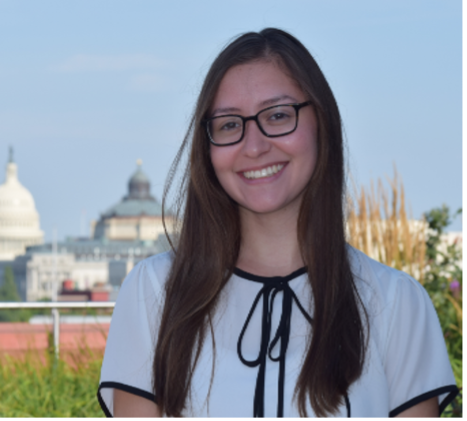 |
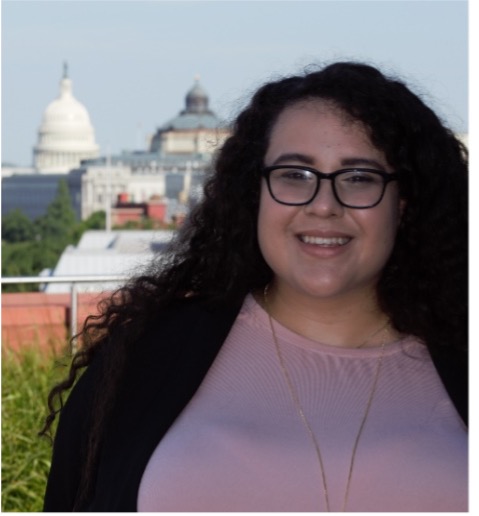 |
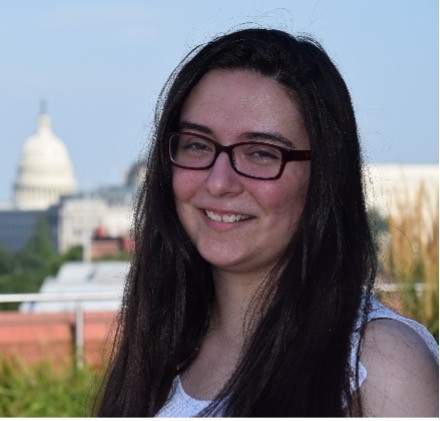 |
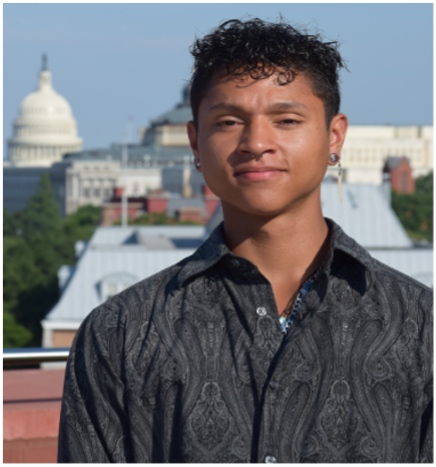 |
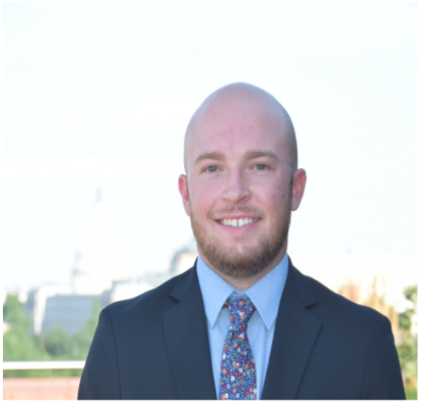 |
| Czarina Campos Choctaw Nation of Oklahoma |
Taylor Francisco Navajo Nation |
Megan McDermott Descendant Piegan Blackfeet & Plains Cree |
Quentin Paulsen Nima Corporation |
Benjamin Sandecki Cherokee |
2019 NCUIH Youth Council Orientation
Recently, the 2019 class of NCUIH Youth Council members Czarina Campos (Choctaw Nation of Oklahoma), Taylor Francisco (Navajo Nation), Megan McDermott (Descendant Piegan Blackfeet & Plains Cree), Quentin Paulsen (Nima Corporation), and Benjamin Sandecki (Cherokee) traveled to Washington, DC for orientation. The activities included two days of workshops led by NCUIH staff and special guests. The keynote speaker was Native American Lifelines Executive Director Kerry Hawk-Lessard who provided an overview about how urban Indian organizations (UIOs) operate every day. Special guests also included LorenAshley, Program Manager, United National Indian Tribal Youth, Inc (UNITY), who spoke about best practices for youth councils.
NCUIH Development Director Alejandro Bermudez Del-Villar facilitated a cultural exchange with indigenous youth from Guatemala and Mexico with Xunik Tavico-Juan, Q’anjobal/Mayan Community (Guatemalan), Magda Tavico-Juan, Q’anjobal/Mayan Community (Guatemalan), Luis David Perez, Mixe from Puxmetacan, Oaxaca (Mexico) based in Mexico City.
Julia Dreyer, NCUIH Federal Relations Director provided a history of urban Indian health care and federal partnerships. Carla Lott, NCUIH Congressional Relations Director, presented an overview on urban Indian health policy and conducted a visit to Capitol Hill to learn about Congress.
